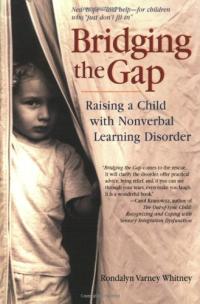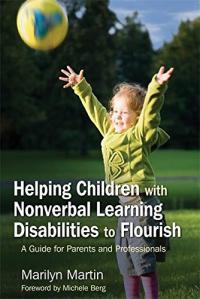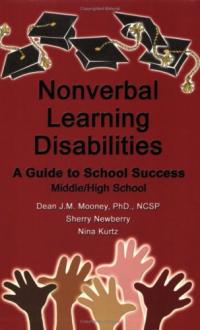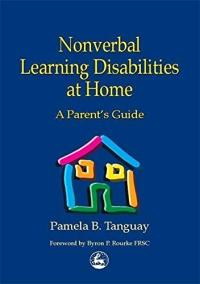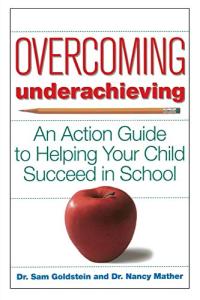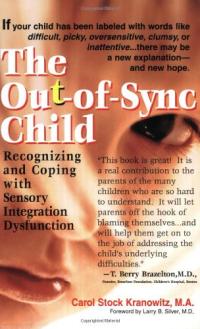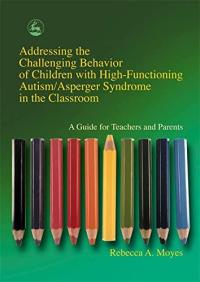
Addressing the Challenging Behavior of Children with High Functioning Autism/Asperger Syndrome in the Classroom: A Guide for Teachers and Parents
Consumer text provides possible explanations for some of the behaviors children with autism may exhibit, so parents and teachers can create environmental supports for different kinds of behavior problems.
